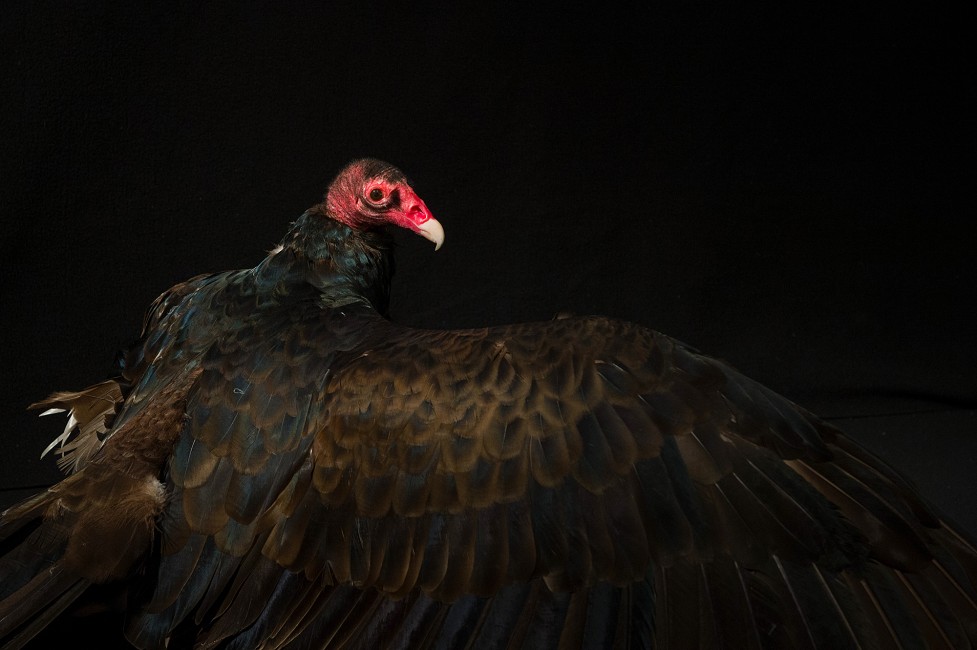
September 3, 2015
Vultures – Ecological Sentinels
- as seen by -
 Julie Larsen
Julie Larsen
Vultures are obsessed with dead things.
And that is a good thing. These big birds of prey scavenge meals from the rotting remains of animals, and by doing so, help to keep our wild places clean.
Vultures range throughout most of the world, but in some areas, their populations have plummeted. Veterinary drugs like Diclofenac and Nimesulide, used to treat livestock in parts of Asia, linger in carcasses that are toxic to the vultures that feed on them. Once numbering in the tens of millions, three Asian species, the Oriental white-backed, slender-billed, and long-billed vultures, have declined by 99% in the last 20 years as a result. Changing agricultural practices in Africa and Asia, including pesticide application, have removed vulture habitat. In Africa, likewise, vulture numbers are threatened by poisons used to kill predators, and in the Americas, lead poisoning is a key problem holding back these remarkable birds.
Todd Katzner, a research biologist with the U.S. Geological Survey and frequent collaborator with the Wildlife Conservation Society, has been working with unique approaches to effectively measure the penetration of ecological contaminants on vultures. He is focusing efforts on more common and stable populations, turkey and black vultures, found in the Americas.
JLM: Can studying vultures help to monitor the health of an entire ecosystem?
TK: Absolutely. Vultures are scavengers. That means that the food that ends up in them is essentially a survey of toxins and other contaminants at lower trophic levels. Thus, the health of the system is really reflected within vultures.
JLM: Why are turkey and black vultures less susceptible to contaminants than other vulture species?
TK: Evolution mostly. For example, vultures are resistant to botulinum toxin. That makes sense because this toxin is associated with rotting meat products and scavengers would benefit by not getting sick when they eat dead stuff. On the other hand, we know vultures are sensitive to some poisons like lead and in the case of Eurasian vultures, Diclofenac.
JLM: What techniques do you use to evaluate turkey and black vultures?
TK: Mostly we study live birds or birds that die for reasons unrelated to our research. With live birds we collect blood and feathers and study contaminant levels in them. In dead birds, we collect samples from a large number of tissues and evaluate relationships among those tissues, to understand how toxins spread throughout the animal’s body.
JLM: How will your work help the vultures in trouble in other parts of the world?
TK: Vultures are ecological sentinels, and if we understand how some of them react to a changing environment, we can begin to use those as models for the ones we understand less well. In the case of North America’s vultures, two of the three species, turkey and black vultures, are doing really well – if we can understand why then we can begin to think about ways that we can help vultures in other places.
JLM: What can people do to help protect and conserve vultures?
TK: Vultures are threatened by a few key problems. Persecution and poisoning are two of the big ones. Within North America, vultures are mostly threatened by lead poisoning, from spent lead ammunition. There are many opportunities for hunters to use effective, non-lead ammunition and use of those products results in less lead in the environment. In Africa, vulture conservation is most well served if we find ways to reduce intentional poisoning of wildlife, especially scavenging wildlife, at carcasses. In India, important steps in drug bans have recently been taken to improve the future outlook of vultures.
Editor’s Note: Saturday, September 5 is International Vulture Awareness Day, established to inform a wider audience about vulture conservation and highlight the important work being carried out by the world’s vulture conservationists.
Nikon D4
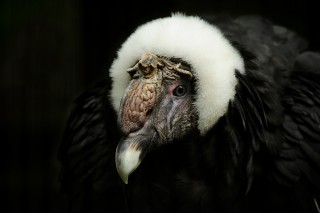
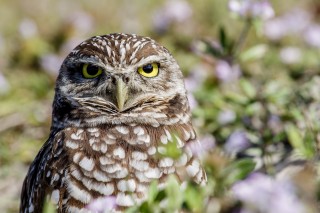
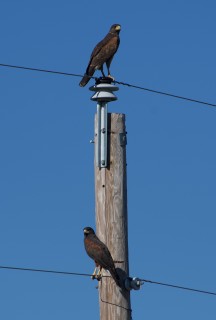
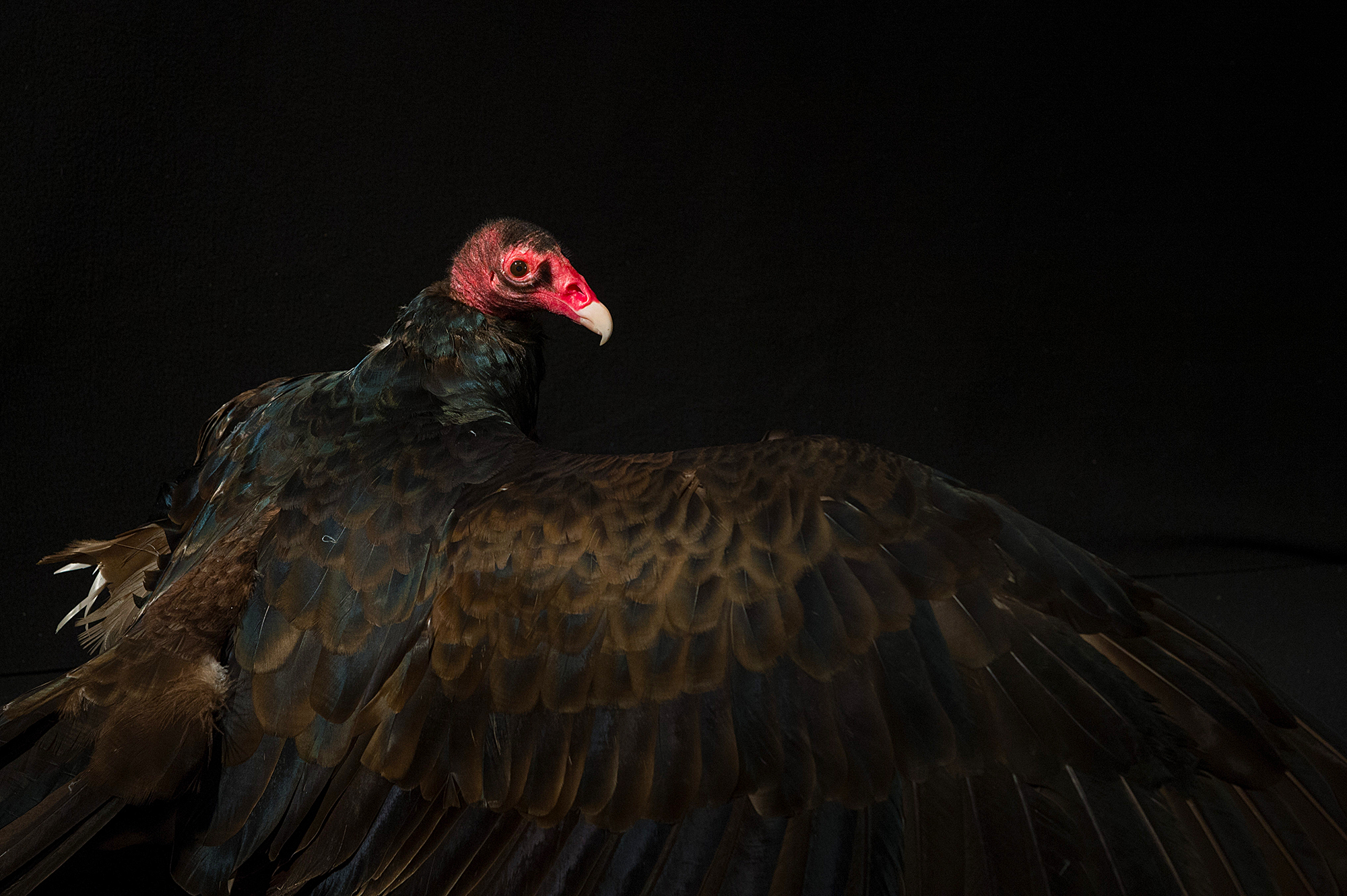
Leave a Comment
Pingback: Why vultures deserve respect and conservation | Dear Kitty. Some blog
Prisca
September 11, 2015 at 6:59 pm
Please stop the senseless killing of all God’s creatures!…
Carla Cicchi
September 11, 2015 at 10:01 pm
We need vultures to protect the health of live wildlife. Stop poisoning and shooting them and stop using lead bullets which are bad for the environment as well.
Kate
September 13, 2015 at 8:35 pm
We need to do the right thing
Carole VaJames
September 25, 2015 at 5:51 pm
I believe hunters should be made aware to not use lead ammunition in their guns thru hunting magazines and gun shops, etc. Lead ammunition should be banned everywhere entirely so wildlife can be saved before it’s too late. Extinction is forever and education can go a long way.